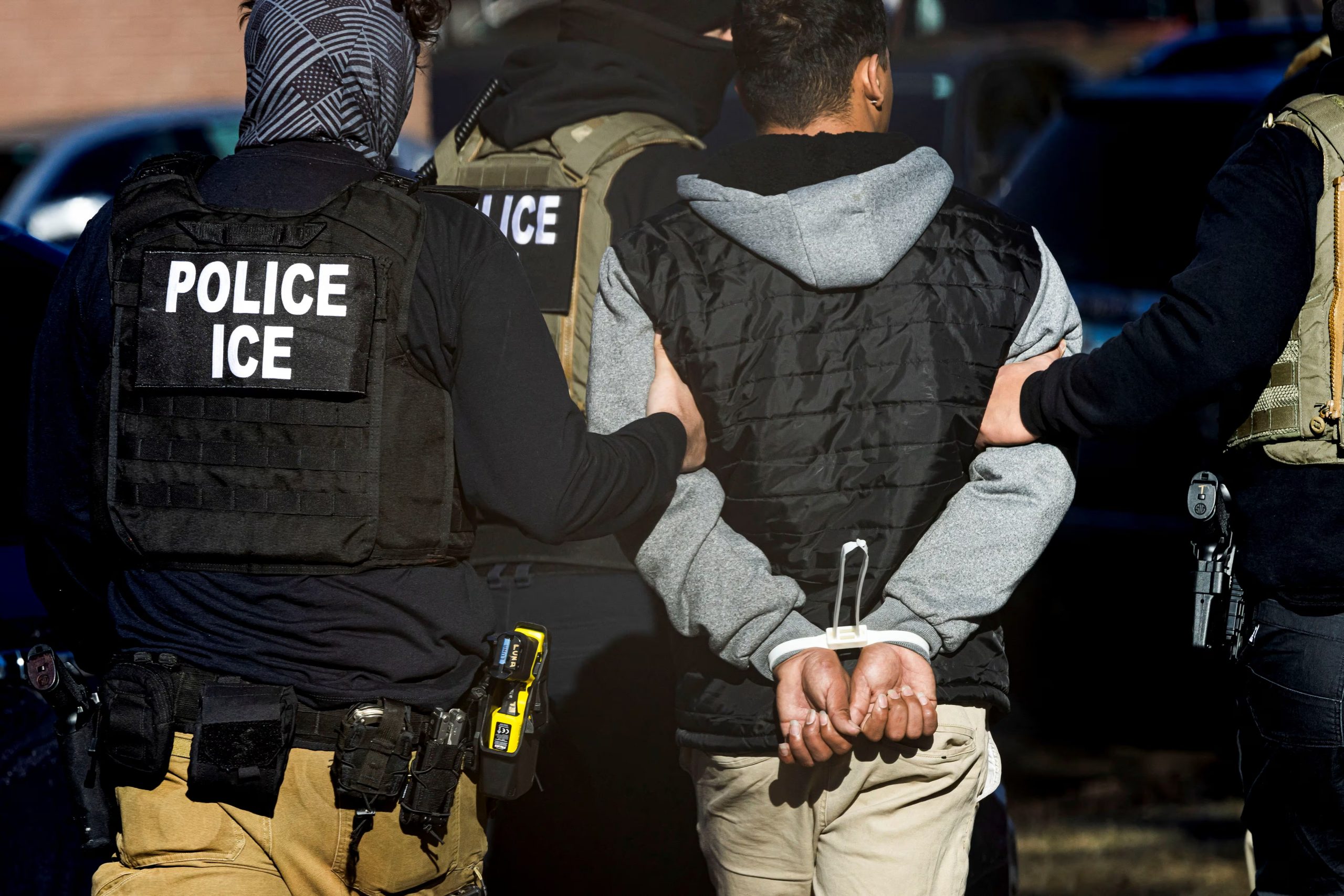DUI visa cancellation led to the arrest of a University of Minnesota graduate student on March 27, signaling a shift in how immigration officials enforce existing laws.

According to The Hill, U.S. Immigration and Customs Enforcement (ICE) detained the student for a prior DUI conviction. The arrest took place at the student’s home, not on the Minneapolis campus. The student held a valid visa at the time.
Initial speculation tied the arrest to anti-war protests related to the Israel-Hamas conflict. But a Department of Homeland Security (DHS) official told The Hill that wasn’t the case. The State Department had already canceled the student’s visa because of the DUI. ICE followed with the arrest.
DUI Visa Cancellation Emerging as Deportation Trigger
CNN reported the arrest marks a possible change in enforcement. Unlike other recent campus-related cases, this one involved no protest activity—only a criminal record.
Under immigration law, certain offenses fall under Crimes Involving Moral Turpitude (CIMT). DUI is often one of them. Immigration attorney Ryu Ji-Hyun said, “A DUI can result in visa cancellation or deportation. Anyone facing this should speak to an attorney immediately.”
After a DUI, Visa Holders Face Scrutiny
The Trump administration is considering tougher restrictions on student visa programs. One proposal would block schools from issuing visas by stripping their SEVP certification, required for F-1 and M-1 visas.
Attorney Cheon Kwan-Woo said even a first-time DUI can carry serious immigration consequences. “When non-immigrant visa holders are cited for DUI, the case is reported to U.S. Citizenship and Immigration Services (USCIS),” he said. He described a recent case where an E-2 visa holder received a warning letter questioning whether they intended to remain in the U.S. temporarily.
University Distances Itself from Federal Enforcement
On March 28, University of Minnesota President Rebecca Cunningham issued a statement saying the school is still gathering information. She added that campus police and public safety officers do not check immigration status or share personal information with ICE.
The case highlights how DUI visa cancellation can now be enough to trigger federal detention—even without felony charges or protest involvement.


![Hangar images indicate North Korean advances in military drone domain Satellite photos taken on March 28, included in Beyond Parallel's report on North Korea, shows what appears to be seven new drone hangars at the Banghyon Air Base. [SCREEN CATPURE]](https://www.koreadailyus.com/wp-content/uploads/2025/04/0402-Hangar-100x70.jpg)

![Deeper-I, Efinix sign deal to develop world’s first AI-FPGA single-chip solution Ikuo Nakanishi, left, vice president of sales at Efinix and Lee Sanghun, right, CEO of Deep-I pose for a photo after signing MOU on March 26. [Provided by Deeper-I]](https://www.koreadailyus.com/wp-content/uploads/2025/04/0401-DeeperI-100x70.png)